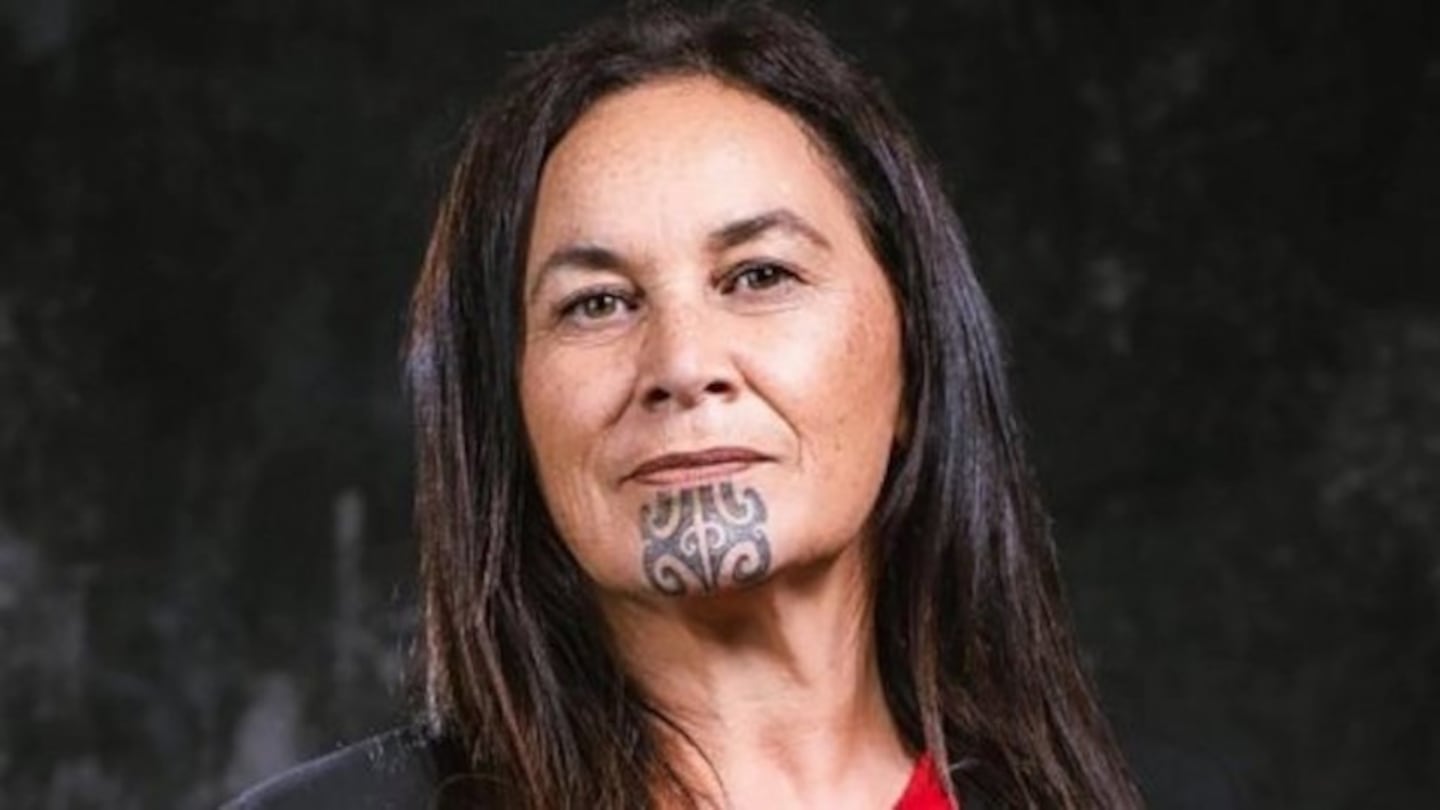Te Pāti Māori has accused the coalition government of “textbook colonisation” in introducing legislation to reverse the ban on oil exploration off the coast of Taranaki, directly after the Takutai Moana Amendment Bill passed its first reading in parliament on Wednesday.
The party said the timing was “no accident” given the government had started to “unravel” the ability of iwi and hapū Māori to have their rights in the foreshore and seabed recognised with the Takutai Moana Amendment Bill.
“The insidious timing of the Crown Minerals Bill demonstrates this government’s true priorities,” Te Tai Hauāuru MP and Te Pāti Māori co-leader Debbie Ngarewa-Packer said Wednesday evening in a release.
“Short-term profit has been chosen over the rights and well-being of Māori communities, our moana, and our whenua.”
Associate Energy Minister Shane Jones, introducing the bill to parliament, said the offshore petroleum exploration legislation was a key step in addressing significant energy security challenges this winter.
“This Bill delivers on commitments in both the National-NZ First and National-ACT coalition agreements and the Government’s promise to take urgent action to address energy security and affordability,” Jones said.
“Limited gas supply doesn’t just make it more expensive to keep our lights on and our homes warm, it is squeezing our industrial users to the point that we are seeing production halting and large employers in regional New Zealand having to close their doors.”
However, Ngarewa-Packer wasn’t wearing that explanation, warning of “irreversible damage” to the environment and no upside for Māori.
“Whānau, hapū, and iwi Māori are the last line of defence against mega rich oil and gas companies relentlessly mining and drilling our seabeds and causing irreversible damage to our Taiao.
“This is textbook colonisation. They have come to our land, they are taking our resources, and they are selling them off to the highest bidder - with no benefit to Māori.”
The Pāti Māori co-leader claims the bill is a backward step and that there is more of the same to come from this government as regards environmentally “exploitative” actions. She argues that renewable energy is the better solution.
“This will not be the last exploitative bill passed by this government. Once they erase the few rights we have left, there will be nothing stopping them from plundering and pillaging as they please.
“For years, ngā iwi o Taranaki have been determined to permanently rid their coastlines of exploitative oil exploration.
“No one wants to go backward. The government must collaborate with Taranaki iwi and hapū to transition toward renewable energy.”
Jones said when renewable energy sources reach capacity, gas supply will be vital.
“Natural gas is critical to a secure and affordable supply of energy in New Zealand – now and into the future. Our gas fields are in decline and without further investment in existing and new fields to increase production, supply issues and high prices will persist when generation from our renewable energy sources is at capacity.”
Exploration will also boost employment and regional economies, he said.
“I’m not willing to let the significant benefits of this sector pass us by,” said Jones.
“Our petroleum and mineral resources contribute billions of dollars to New Zealand’s GDP, create high-paying jobs and opportunities to develop skills and help to diversify regional economies.”
Ngarewa-Packer double-downed however and said her party wants a total ban across the motu and also a specific Māori renewable energy strategy.
“Te Pāti Māori believes that the only way forward is to ban seabed mining permits nationwide, withdraw existing permits and introduce a national Māori strategy for renewable energy.”



